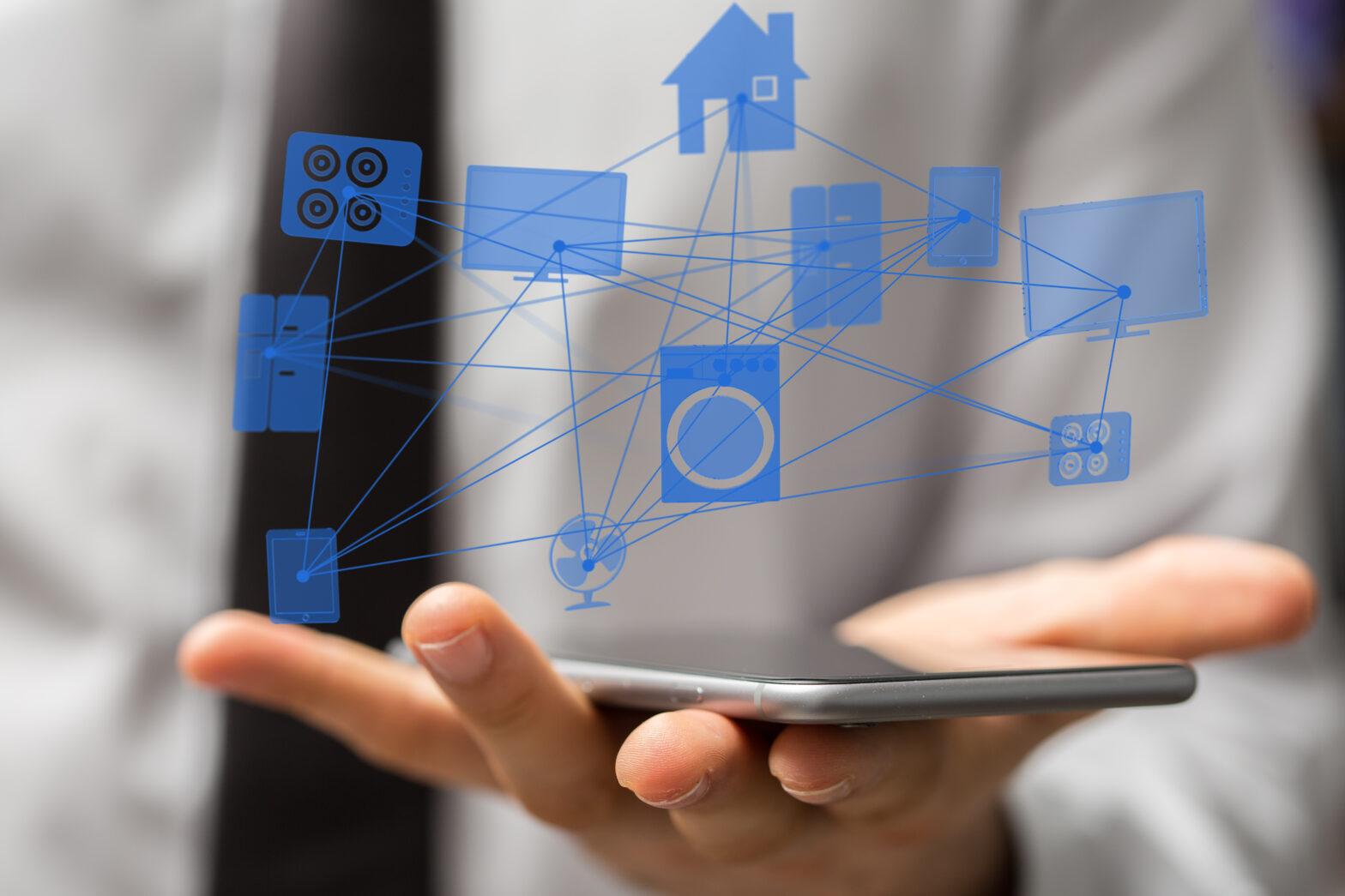The potential benefit IoT can bring to an economy is growing at a rapid pace: recent figures show big data and IoT together are expected to generate £322 billion in revenue for the UK economy from 2015 to 2020 alone.
Analyst firm Gartner has also recently highlighted the top IoT technologies that should be on every organisation's radar through the next two years. The analyst emphasised these technologies will have a very broad impact, affecting numerous key areas of an organisation, including its business strategy.
However, while the revenue opportunity is ripe, the approach to changing business strategy to capitalise on potential income may not be as simple as connecting assets.
> See also: How the Internet of Things is changing business models
Microsoft, IBM, Intel and Google are currently immersed in making the most out of IoT data and are investing heavily in the short term, knowing they will reap huge rewards from the insight they have gained in the long term.
It seems these global giants are set to seize the market, but we believe unlocking the potential of IoT also opens up opportunities for a whole range of businesses that can grow and evolve with the market.
For instance, Fortune magazine conducted research with McKinsey looking at 150 specific IoT applications that exist today or are likely to be in widespread use within ten years. With the trillions of dollars of value they could bring it is estimated two-thirds will be generated in business-to-business settings.
Getting to grips with IoT data
Industries including manufacturing, logistics and retail will greatly benefit by understanding and acting upon IoT. It has the potential to unlock opportunities for growth, deliver better and more effective customer experiences, and enable businesses to get ahead of their competitors.
Yet if mobility is a secondary strategy businesses face losing out not only on the monetary boost, but also by only offering customers’ siloed experiences.
Ultimately, any size business can benefit from IoT, but in order for those benefits to have a real business impact, a strategy needs to be in place to ensure endless hours and resources aren’t spent bogged down in trying to get to grips with IoT devices and cleaning and capturing the data. So, where do businesses start?
IoT isn’t just about devices
The starting point for IoT isn’t solely the management of devices, endpoints or ‘things’. Strategic mobility management is about people and processes. A comprehensive strategy will empower workers and allow the company to transform their business, unleashing endless possibilities as a result.
> See also: How blockchain will defend the Internet of Things
By using a Unified Endpoint Management (UEM) solution, IoT devices can be managed from a single UEM solution, which makes the data cleaner, secure and easier to capture.
Say ‘hello’ to unique customer experiences
IoT devices enable businesses to gain an in-depth insight into customer behaviour and connected products can even adapt to their customer’s preferences. The possibilities IoT offers to help businesses create unique customer experiences are endless.
With this in mind consumers will not be satisfied with siloed experiences; they want and will continue to want more.
Making best use of IoT data will enable businesses to stand apart from their competitors and help win the ‘hearts and minds’ of consumers. Having a robust mobile strategy with a UEM solution in place to tackle this challenge must be a priority for businesses to ensure they reap these rewards – or face being overlooked by the increasingly savvy and ‘experience’ hungry consumer.
Sourced from Nassar Hussain, managing director, SOTIEurope







